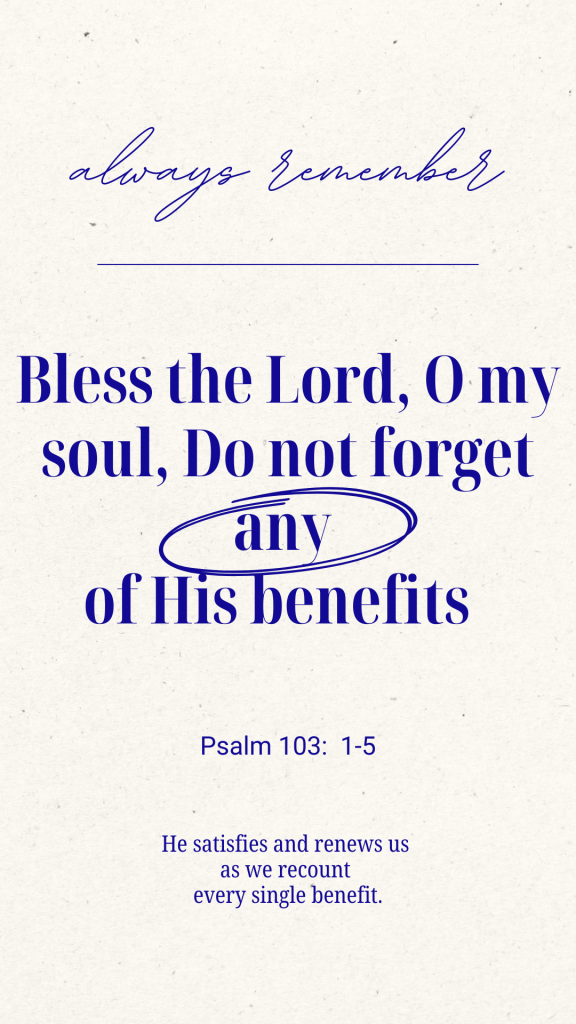“You are not setting your mind on God’s purposes, but on man’s.” Jesus said to Peter in Matthew 16:23
When Jesus declared that the Son of Man must suffer, must go to Jerusalem, and must be killed, Peter stepped in to stop Him. What sounded like loyalty was actually resistance. What felt loving was, in truth, rebellion. Peter did not oppose Jesus out of hatred but out of misplaced affection. He loved Jesus, but he hated the path. He wanted the Kingdom without the cross that gives birth to it. But small is the gate and narrow the road that leads to life. (Matt 7:13, NIV).
Jesus’ response was not gentle. “Get behind Me, Satan.” “You are not setting your mind on God’s purposes, but on man’s.” That rebuke exposes something deeply uncomfortable: Peter was sincere but sincerely wrong, emotionally devoted but spiritually misaligned, close to Jesus yet opposing the will of God.
Six days later Peter stands on another mountain, this time not facing suffering but glory; the transfiguration, radiance, Moses, Elijah, heaven touching earth, and Peter speaks again. “Lord, it is good for us to be here. Let us stay. Let us build tents. Let us settle.” The irony cuts deep. Earlier Peter tried to prevent the suffering; now he tries to preserve the comfort. Two examples, same mindset. Jesus does not rebuke him this time, but could have said the same thing,’ you are not setting your mind on God’s purposes, but on man’s’. God never intended the mountain to be a destination. It was a revelation, not a residence. The glory was meant to strengthen them for obedience, not distract them from it. God’s purpose was never the mountain; it was the cross waiting below.
Jesus was possessed with purpose, and purpose shaped His perspective. Romans 12 tells us that transformation comes through the renewing of the mind so that we may discern the will of God, and Jesus lived this perfectly. His ministry was not emotional, impulsive, or reactionary; it was resolute. He knew where He was going and He refused to be distracted by comfort, fear, or spiritual spectacle.
None of us will ever carry a purpose as cosmic as Christ’s, but that does not mean our days are purposeless. At the very least every Christian shares this calling: to glorify God, to live a life that pleases Him, to walk daily in victory over sin, to witness the steady, sometimes painful transforming work of the Holy Spirit changing us from one degree of glory to another. Purpose is not always dramatic, but it is always directional. Once purpose is clear, perspective follows, and when perspective is right, excuses collapse. Perspective reshapes choices, governs reactions, dictates how we speak at home, how we behave at work, how we respond to suffering, and how we handle moments of pleasure and glory. Without purpose we chase comfort, without perspective we resist suffering and idolise experiences, we rebuke the cross and cling to the mountain, and then we wonder why we are spiritually stagnant. The problem is not lack of revelation; it is misaligned minds. Jesus’ words still stand: “You are not setting your mind on God’s purposes, but on man’s.” That sentence should haunt us until it renews and realigns our mind.
Prayer
Lord, search me and expose every place where my mind is set on comfort instead of calling, on experience instead of obedience, on glory instead of the cross. Strip away false spirituality, misplaced affection, and every subtle resistance to Your will that I have dressed up as love. Renew my mind until I no longer interpret life through fear, ease, or emotion, but through Your eternal purpose. Give me the courage to follow You when the gate is small and the road is narrow. When the path leads downward rather than upward. To embrace obedience when it costs me, and to choose Your will over my preferences. Align my perspective with Your purpose, that my life would not be impressive, but submissive. In Jesus’ name, amen.
Quote: Purpose points the way, faith sees God, obedience walks it out.
